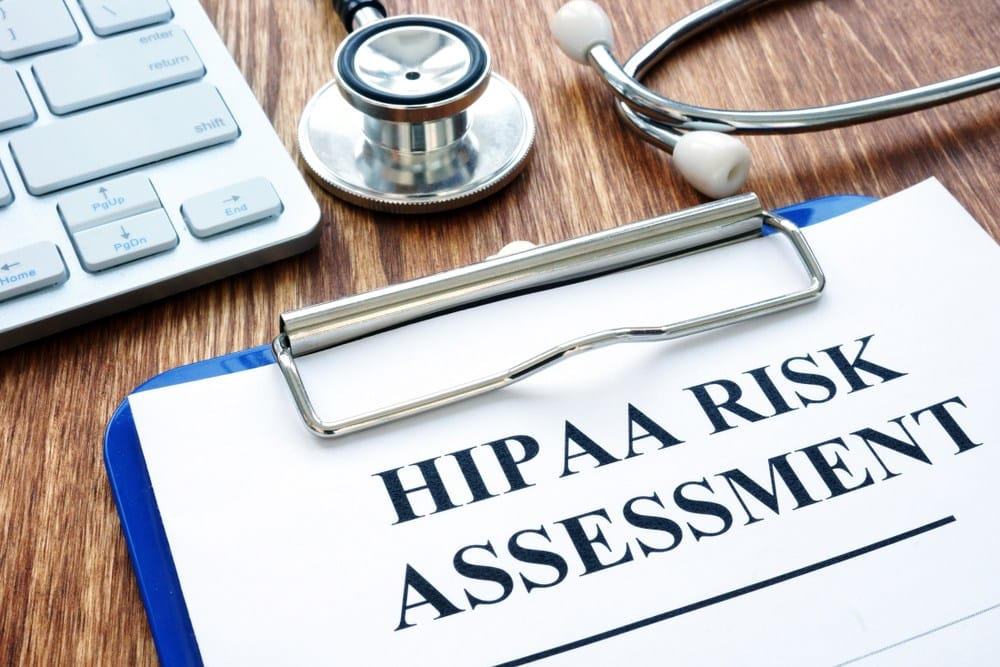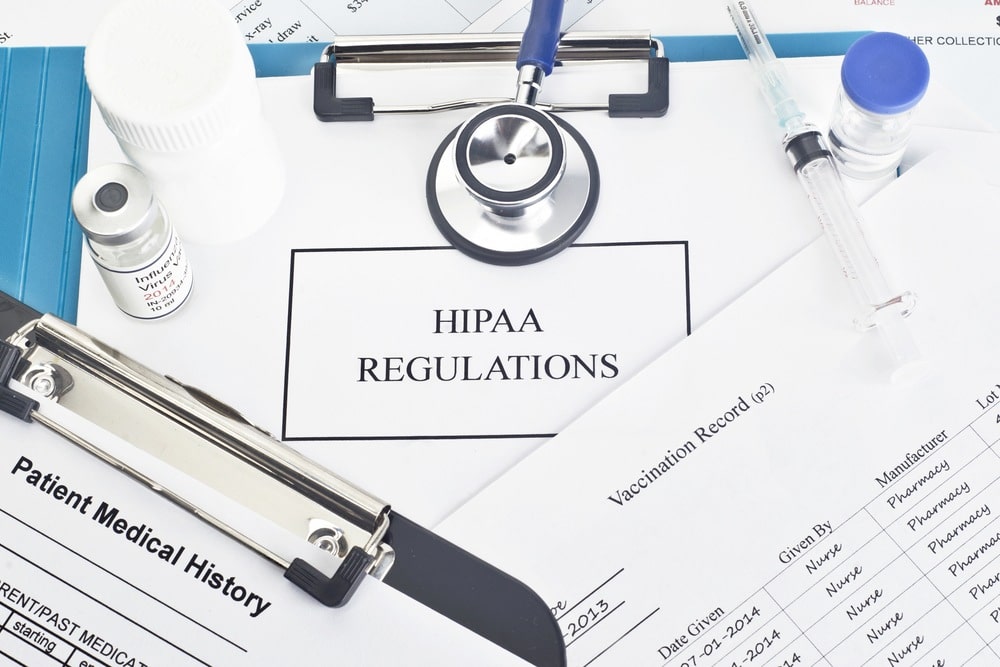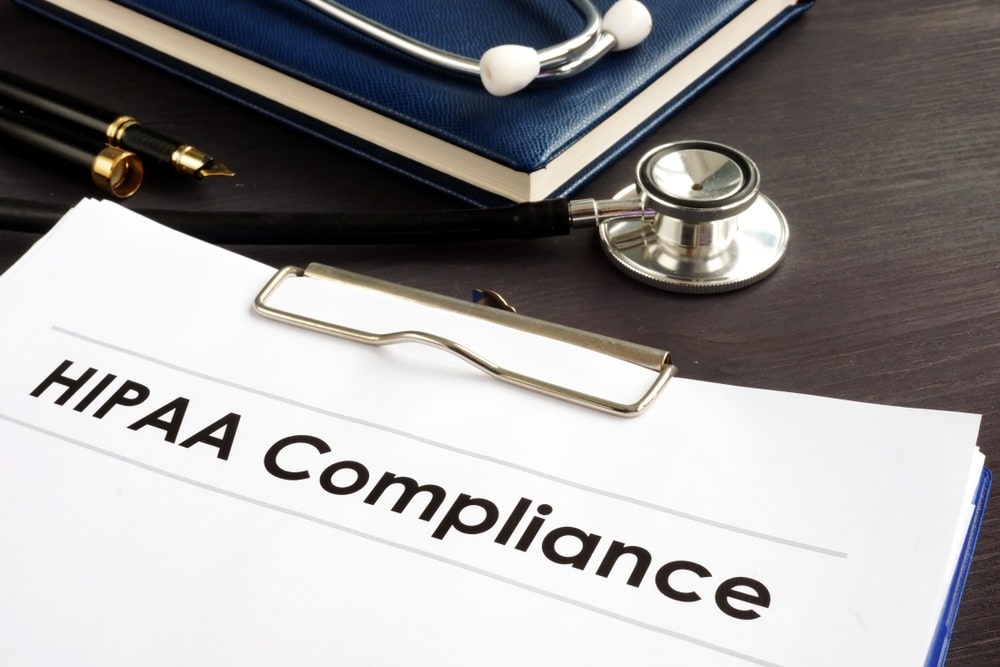More than 65% of complaints received by the Office of Civil Rights are related to Health Insurance Portability and Accountability Act (HIPAA) violations in the dental sector. The high statistics are attributable to common mistakes in dental practices. If your employees do not have HIPAA training, it can lead to expensive mistakes.
This guide will analyze ten common mistakes in dental HIPAA compliance and the potential consequences of these mistakes.
10 Common Mistakes in Dental HIPAA Compliance
Making HIPAA compliance mistakes can lead to hefty fines and sanctions. It can also hurt your practice’s reputation and put patients at risk. As such, dental practices should understand the most common HIPAA compliance errors to avoid them. Here are ten common HIPAA compliance mistakes made in dental offices:
1. Not Having a Valid Notice of Privacy Practices
The HIPAA Privacy Rule mandates all healthcare providers to have a valid Notice of Privacy Practices. The document must contain pertinent information about how and when they can use and disclose patient information.
Failing to adhere to this rule can lead to confidential information being misused. Consequently, you can face hefty fines that risk your practice’s reputation and financial well-being.
2. Not Securing Patient Information with Encryption
Encryption can help stop unauthorized access, use, and disclosure of health information. However, dental practices often fail to encrypt servers and patient data with secure methods such as Virtual Private Networks (VPNs). As a result, it leads to costly breaches, penalties, and sanctions.
The lack of encryption can also lead to data loss, which can lead to costly repairs. As such, you should ensure all patient data is encrypted in your servers. You should also have regular backups for confidential information to prevent data loss. Additionally, encryption of patient data can protect your server from cyberattacks and viruses.
3. Failing To Update Security Protocols
If your practice fails to update the security protocols, it can increase data breach and cyberattack risks. Consequently, it can put your practice at risk of making costly HIPAA compliance mistakes.
You can periodically update your security systems to comply with HIPAA security standards. If you don’t have the expertise, you can hire a competent dental IT support company to help you update your security and backup systems. It can ensure your practice’s systems are secure from hackers and malicious insiders.
A competent company can also help repair security breaches and prevent unauthorized access to confidential information.
4. Using Insecure Mobile Devices
People can easily lose mobile devices, leading to HIPAA violations. As a result, you can ensure mobile devices are encrypted with password-protection systems in place for backup security. You can also monitor and limit access to office mobile devices.
Additionally, you can have policies that restrict the downloading of unauthorized applications on office mobile devices. Consequently, it can reduce loopholes used by hackers to access patient data.
5. Not Conducting Regular Risk Assessments

If you do not conduct regular risk assessments, it can put patient data at risk of exposure. Consequently, this can violate HIPAA rules, causing hefty fines and sanctions.
As such, you conduct regular risk assessments to ensure all patient data is secure and has backups. It can also help detect and repair weak links in the practice’s security systems. Also, it can help identify any HIPAA violation risks and address them promptly.
6. Not Training Employees on HIPAA Regulations
Untrained employees can lead to HIPAA violations, such as unauthorized access to patient data. As a result, you can face hefty fines and sanctions.
To avoid this, dental practices can ensure all employees understand their HIPAA compliance responsibilities. It can help them handle patient data appropriately and protect it from unauthorized access.
You can also have refresher training to update employees on the latest HIPAA regulations. Additionally, you can create policies and procedures, such as a clear disciplinary action protocol and regular data backups, to ensure employee compliance with HIPAA regulations.
7. Not Having An Incident Response Plan
Lacking an incident response plan can slow the detection and response to data breaches. It can also increase HIPAA non-compliance risks and hefty fines.
As such, you can implement an incident response plan in your practice. It can help you detect and respond to manage emergencies quickly. Also, it can help you protect patient data from unauthorized access and ensure HIPAA compliance in the process.
Erickson Dental technologies can customize an effective incident response plan like data backup strategies and offer security solutions to help respond to emergencies efficiently.
8. Not Implementing Access Controls
Access controls can help prevent unauthorized access to patient data by ensuring that only authorized personnel can access data storage and backups. As a result, this can reduce HIPAA compliance risks and hefty fines or sanctions.
As such, you can create policies limiting data access only to those with authorization. You can also encrypt sensitive information and use two-factor authentication to protect patient data from unauthorized access. Additionally, you can implement role-based access to ensure that only authorized personnel have access to confidential data.
9. Sending Emails With No Security
Sending emails with no backup or security can allow unauthorized people to access confidential health information. This can put you at risk of HIPAA violations.
You can use encrypted email to protect patient data. You can also have policies restricting emails from unauthorized sources and limiting email access only to authorized personnel.
10. Allowing Unauthorized People Access to Private Health Information
HIPAA compliance requires dental practices only to allow authorized people access to private health information. It is because unauthorized access can lead to serious HIPAA violations by exposing confidential information to the public.
As such, you can have policies that allow only authorized people access to confidential information. You can also share passwords only with a few persons who can limit patient data access. Additionally, you can ensure all third-party partners and vendors sign Business Associate Agreements before accessing patient data.
Ensure HIPAA Compliance Today

HIPAA compliance is vital for dental practices to protect patient data from unauthorized access and use. As such, you must understand the HIPAA regulations and non-compliance risks.
It can help you avoid common mistakes such as not training employees on HIPAA regulations, not having an incident response plan, and not implementing required security protocols, such as data backups and encryptions. At Erickson Dental Technologies, we can help you protect your data and comply with HIPAA regulations. We offer comprehensive services, including risk assessments, data encryption, access control policies, and incident response plans.
Contact us today for more information about our HIPAA compliance services.


